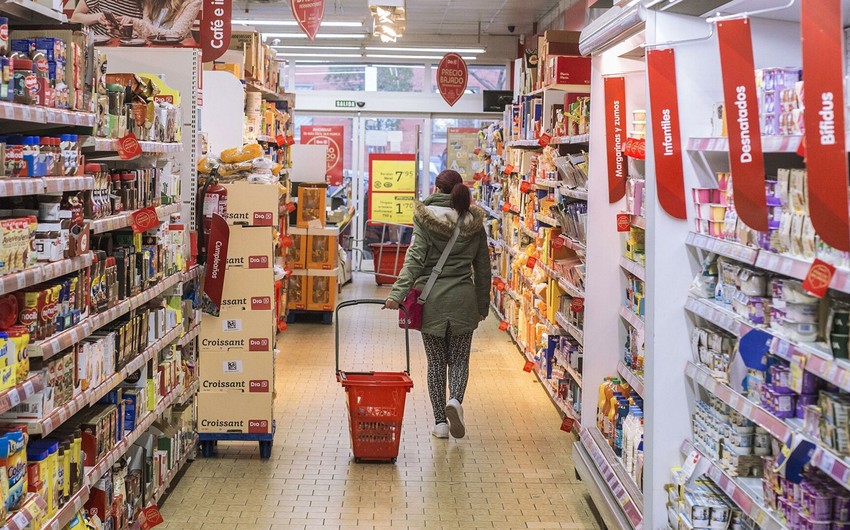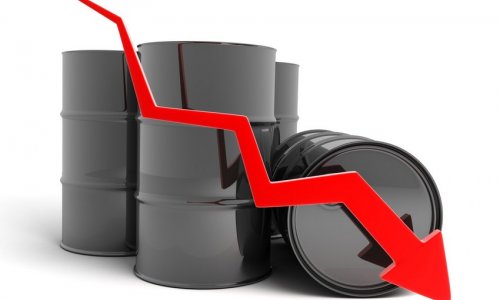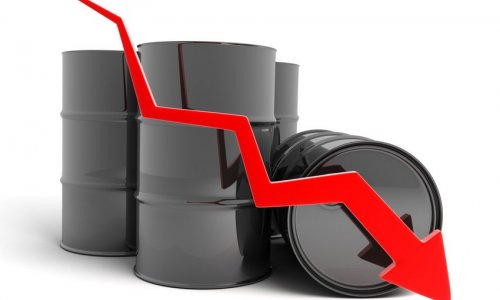Wheat prices rose 40% last week. Prices are currently at a 14-year high. The situation is similar with corn and sunflower oil. The price hike is associated with limited supply on the world market against the backdrop of the Russian-Ukrainian war. These two countries account for 30% of world wheat exports and 20% of corn exports. Russia and Ukraine also provide 80% of world exports of sunflower oil.
Grain shipments from Russia have more than halved to 40,000 tons due to the cessation of shipping in the Azov basin, the ports of Makhachkala and Taganrog. Currently, transportation is carried out only under valid contractual obligations. Merchant ships avoid entering the Black Sea due to the high risk.
Commercial shipping has been suspended in all ports of Ukraine. The country can no longer ship products to regions such as Southeast Asia, the Middle East and Africa. Ukraine accounts for 40%, and Russia is responsible for 70% of exports of wheat, corn and sunflower oil to the countries of the Middle East and Africa.
Developing countries can face serious food problems. For food insecure countries, the current situation is a double whammy. The countries of the Middle East and North Africa are particularly vulnerable to rising prices for basic foodstuffs due to low levels of domestic agricultural production, as well as high levels of poverty.
For example, Yemen, which is almost entirely dependent on food imports, buys at least 27% of its wheat from Ukraine and 8% from Russia. At the same time, half of the country’s population (15 million) is already starving. Similar problems may arise in Lebanon and Egypt. The latter is the largest importer of wheat in the world, and 90% of its supplies come from Ukraine and Russia. According to the World Bank, one in three Egyptians lives below the poverty line.
In Lebanon, 60% of wheat imports come from Ukraine. The economic crisis in this country and the sharp depreciation of the national currency have already led to a shortage of many essential goods. In this situation, buyers from the Middle East and Africa began to look for alternative sources of supply. But it’s not just about finding another supplier, it's also about affordable prices.
Today, the replacement of Russian and Ukrainian grains with American and Australian ones will significantly increase the cost of the product due to logistics expenditure. Egypt, Tunisia and Jordan have already canceled their latest wheat import tenders due to high prices, while Algeria has taken a wait-and-see approach.
War not only paralyzes traditional agricultural supply chains, but also poses very serious threats to future productivity. Ukrainian farmers have to participate in the war instead of sowing wheat. Most likely, most agricultural producers will face big problems in this direction. There is serious concern that Ukraine won’t be able to harvest a high crop in 2022.
In Russia, because of rising production costs due to the pandemic and problems with the sale of products, many representatives of agribusiness are already in a difficult situation. Due to the increase in the interest rate by the Bank of Russia twice (up to 20%), the access of the agricultural sector to credit resources will be significantly limited. This will lead to a reduction in investment in the agricultural sector, the agro-industrial complex.
It seems that food inflation will remain the main problem this year. It’s just that this time the reasons will be different. Even if tensions between the two countries subside and supplies resume, soaring energy and fertilizer prices will continue to put pressure on global food inflation. These processes won’t bypass Azerbaijan, either. The country is largely dependent on wheat imports. Russia accounts for 95% of wheat imports to Azerbaijan.
Therefore, it is possible that, at least in the short term, there will be significant problems in the supply chain. Kazakhstan can be noted as the only alternative in the region. In 2022, the country reduced the area under wheat by 368,100 hectares. In any case, it remains a big question whether Azerbaijan will be able to get Kazakh wheat, since China, which has accumulated more than half of the world’s wheat reserves, won’t allow it. Other alternatives promise the prospect of buying wheat at a higher price and, consequently, an increase in the price of the final product.
www.anews.az
Follow us !











